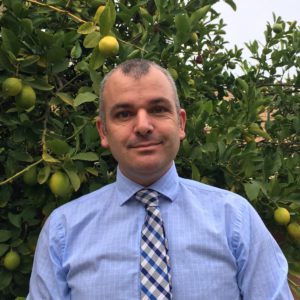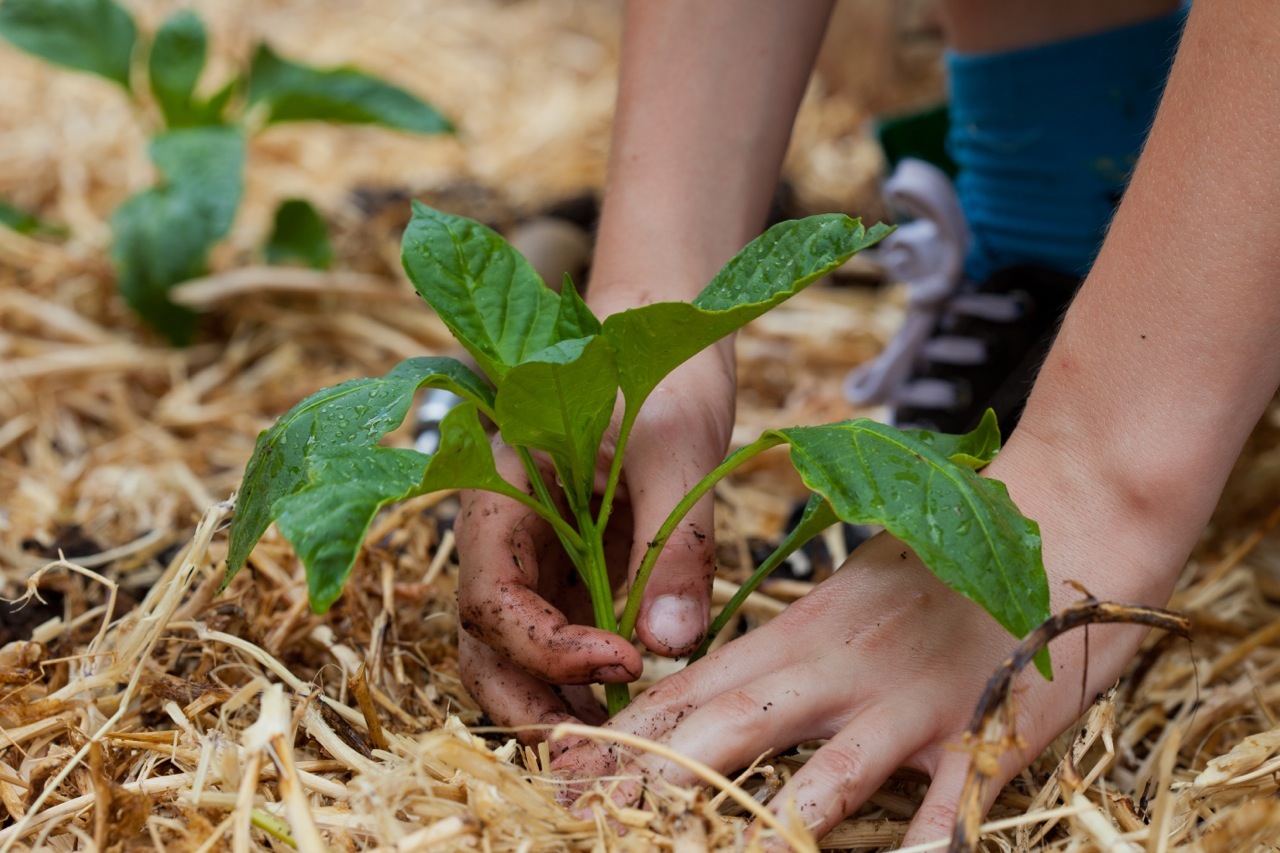Reflecting on experience with soil health and goals of achieving a carbon neutral Adelaide, our Environment Institute member will be speaking to the Waite Research Institute audience.
In this open seminar, Professor Tim Cavagnaro will present results from two areas of research, both of which are focused on the greater Adelaide region.
Abstract: Two tales of a city: Carbon Neutral Adelaide and Urban Agriculture in Adelaide
When: Thursday 5 November 2020
Time: 11:00am – 12:00pm
Book: for Zoom seminar
The first area of research focuses on the goal of achieving a Carbon Neutral Adelaide. Results from a recently completed multidisciplinary project will be presented. Briefly, a technoeconomic assessment of carbon supply in South Australia’s agricultural zone will be presented. In addition to estimating carbon supply potential, co-benefits associated with carbon sequestration activities were modelled and valued.
The second research area focuses on Urban Agriculture in Adelaide. He will present from a recent assessment of ‘soil health’ in community and commercial gardens across the greater Adelaide region. He will also answer the question of whether there is enough land in the greater city of Adelaide, potentially available to produce meaningful amounts of food.
About the speaker
Professor Tim Cavagnaro is a Professor in Soil Ecology in the School of Agriculture, Food and Wine, The University of Adelaide. He is also Deputy Head of School (Learning and Teaching).
Tim’s research is guided by the question: How do we manage soil ecological processes to achieve agricultural and environmental sustainability in a time of significant environmental change? This includes work in two main areas:
1) Enhancing the capacity of plants to acquire nutrients via plant-microbe interactions, with an emphasis on achieving food security; and
2) Managing plant-based systems to mitigate and adapt to environmental change (soil carbon sequestration in particular).
Tim’s group develops and uses cutting edge techniques from across disciplines, and span scales from the molecular to landscape. Working across the science-policy interface is an important theme in his research.



